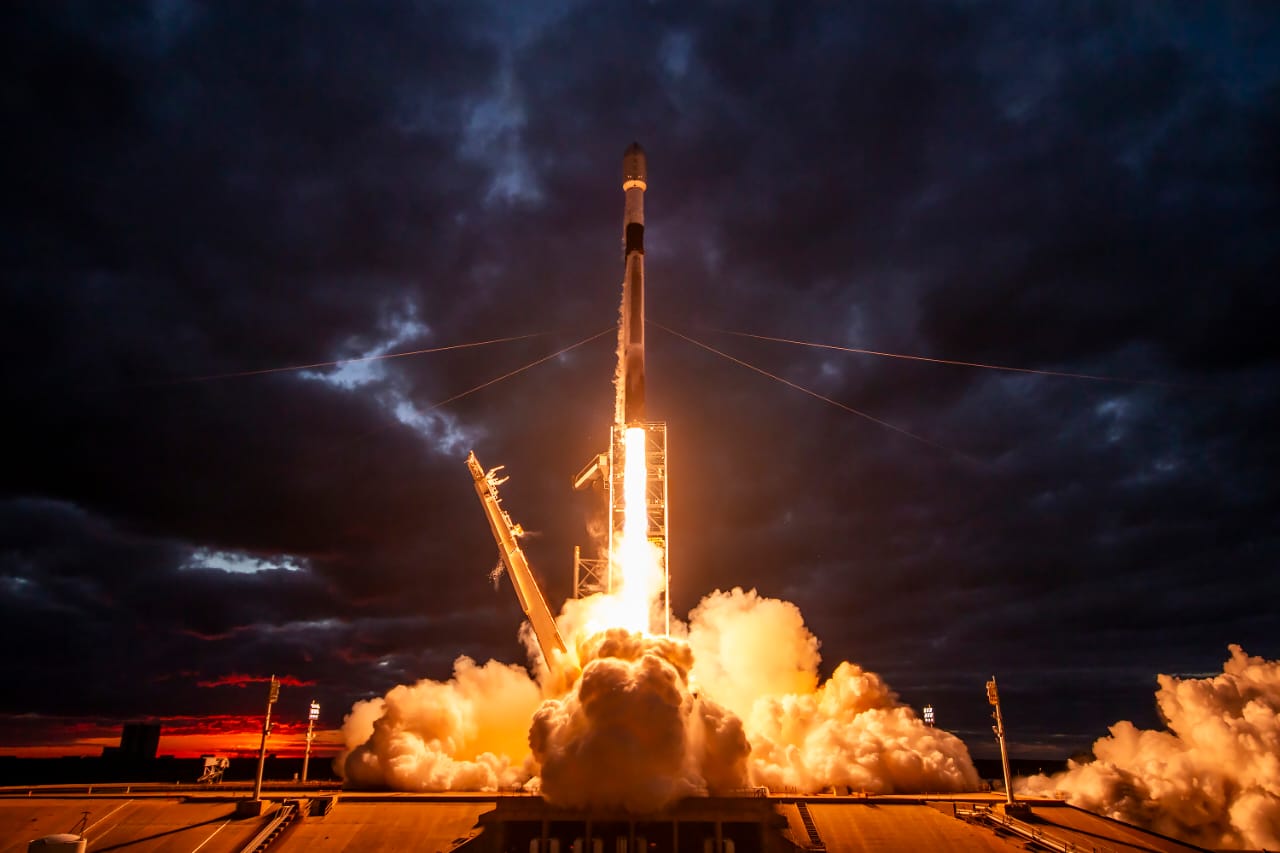WORLD : Elon Musk-led SpaceX launched ISRO’s GSAT-N2 aboard the Falcon 9 rocket from the Canaveral Space Force Station in Florida on Tuesday. The GSAT-N2 satellite is poised to significantly enhance broadband services and in-flight connectivity across India. This mission marked the first collaboration between SpaceX and India’s space agency and represented the third launch within 24 hours for the Elon Musk-led company.
The GSAT-N2 launch is part of an agreement between ISRO’s commercial arm, New Space India Limited (NSIL), and SpaceX. Approximately 30 minutes after lift-off, NSIL announced on X (formerly Twitter) that GSAT-N2 had been placed into a Geo-synchronous Transfer Orbit (GTO), with ISRO‘s Master Control Facility assuming control of the satellite.
GSAT-N2 has been designed to support the growing demand for high-speed internet, especially in areas where connectivity has traditionally been limited. The satellite has a lift off weight of 4,700kg and a mission life of 14 years.
ISRO says that the satellite has been equipped with 32 users beams with 8 spot beams over the Northeast and 24 wide spot beams over rest of the country. Due the use of various spot beams, there is expected to be an increase in the efficiency and coverage of broadband services in different parts of India.
SpaceX claims Falcon 9 is the world’s first orbital class reusable rocket. Over the years, Musk has worked on making reusability as a major aspect of his rockets which in turn drives down the cost of spare access.
Falcon 9 is capable of carrying up to 22,800kg to the Low Earth Orbit (LEO) and up to 8,300kg of payload to Geostationary Transfer Orbit (GTO) 4. It comes with a two stage rocket with the first stage run by nine Merlin engines and a second single use Merlin Vaccum engine. (Mint)

